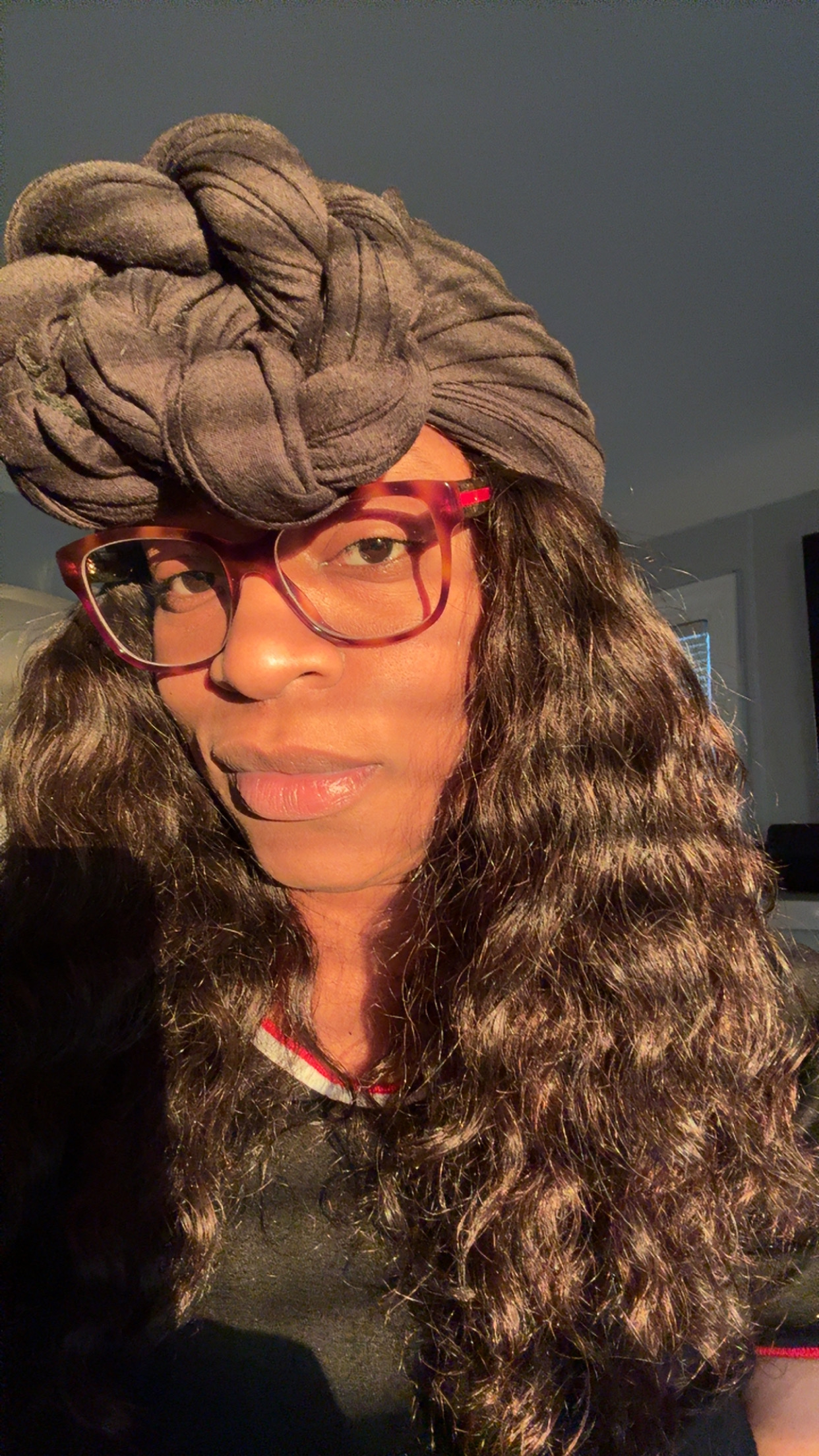How Love is Truly Unconditional
- Brindini

- Jun 13, 2025
- 4 min read
Love is a profound and complex emotion that transcends most boundaries. It's something we all seek in our lives, yet understanding it can be challenging. Unconditional love is often idealized, but it comes with its own set of principles, including healthy boundaries. This exploration of unconditional love will delve into what it means, how it manifests, and why having boundaries is essential for nurturing respectful and flourishing relationships.
Understanding Unconditional Love
Unconditional love is love without limitations or conditions. It is selfless and unwavering, supporting others without expecting anything in return. This type of love is often associated with close family relationships, like that of a parent and child, where love persists regardless of circumstances. However, unconditional love is not limited to familial ties; it can exist in friendships, romantic relationships, and even for oneself.
Love is often misconceived as transactional, where affection and support are given with the expectation of a return. Unconditional love defies this notion. It encourages giving and caring without the need for reciprocation, emphasizing the essence of love itself.

The Role of Boundaries in Love
While unconditional love is freeing and nurturing, it does not mean that one should be a doormat. The concept of healthy boundaries is crucial in maintaining respect in relationships. Boundaries are limits we set to protect our emotional and physical well-being. They help define what is acceptable behavior in a relationship and what is not.
When you love unconditionally, it does not mean tolerating harmful actions or behavior from others. Boundaries become vital in these situations. They allow you to state what you need in relationships and ensure that love can flourish without compromising your values or mental health.
For example, if someone constantly belittles you or takes advantage of your kindness, it is essential to establish a boundary. This might mean having a conversation about how their behavior affects you or distancing yourself until they can respect your feelings. Setting boundaries help maintain love while ensuring you are not taken for granted.

The Difference Between Loving Freely and Expecting Something in Return
It's essential to differentiate between loving freely and expecting something in return. When we engage in acts of love with hidden agendas or expectations, we run the risk of fostering resentment or disappointment. Unconditional love thrives in an environment where both parties feel safe and valued simply for who they are.
When we love freely, we radiate positivity and kindness, which often inspires others to reciprocate genuine love. This exchange should be rooted in genuine feelings rather than expectations. A healthy relationship is like a garden; it requires time and care to flourish.
However, unexpected challenges can occur in any relationship. For instance, if you do something compassionate for someone expecting them always to return that kindness, disappointment may arise when it does not happen. This is where unconditional love, combined with the understanding of boundaries, is key to maintaining healthy connections.
The Power of Self-Love
An essential aspect of unconditional love is the ability to extend that love to oneself. Self-love is often overlooked yet is the foundation of loving others genuinely. It means recognizing your worth, treating yourself with kindness, and not allowing others to dictate how you feel about yourself.
Practicing self-love helps establish firm boundaries. When you understand your value, you are less likely to tolerate disrespectful behavior from others. Not only does self-love boost your mental well-being, but it also allows you to give love freely to others.
In your journey towards self-love, consider adopting habits that promote a positive self-image. This could include mindfulness practices, journaling, or engaging in activities that bring you joy. The more you nurture yourself, the more unconditionally you can love those around you.
Fostering Unconditional Love in Relationships
So how can we foster unconditional love in our relationships? Here are some actionable steps:
Communicate Openly: Engage in honest conversations about feelings and needs. Open communication helps both parties understand each other's expectations and limitations.
Practice Empathy: Put yourself in the other person's shoes. Understanding their perspective can strengthen your bond and lead to a deeper form of love.
Set Healthy Boundaries: Make it clear what behavior is acceptable and what is not. Boundaries are not walls but rather guidelines that allow love to thrive in a safe environment.
Show Appreciation: Acknowledge and express gratitude for the love you receive. Recognizing acts of kindness promotes a culture of unconditional love.
Be Patient: Love takes time to grow. Patience is essential in understanding and supporting each other in the journey of love.
By following these guidelines, you can create stronger and more respectful relationships founded on unconditional love.

Embracing the Full Spectrum of Love
Understanding that love is truly unconditional does not negate the need for personal boundaries. Embracing the reality that everyone has different emotional needs is crucial. It allows for a wider spectrum of love, including friendship, familial affection, romantic love, and self-love. Each type of relationship contributes to a fulfilling emotional life.
By recognizing that love is both unconditional and bound by healthy boundaries, we can cultivate deeper connections with ourselves and others. It’s a harmony of giving and receiving, where respect and kindness prevail over mere expectations. This balance creates a fertile ground for love to flourish and grow.
In this journey, remember that loving unconditionally is not just about sacrificing oneself for others. It is about nurturing respectful relationships where everyone feels valued and cherished. As we embrace the beauty of love, let's affirm the importance of boundaries that help shape an environment where love can blossom in all its forms.



Comments